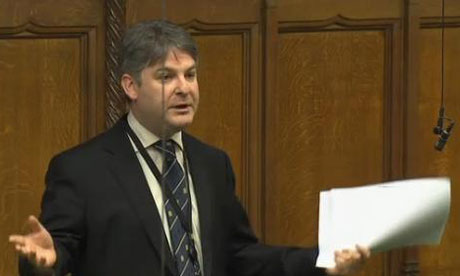- Action Housing & Support
- Age UK
- Akwaaba Ayeh
- Amaani Tallawah
- Aphasia Leicester Group
- Barnardos
- Bassetlaw Mind
- Building Community Bridges
- Campaign for Tackling Acquired Deafness
- Carers Action
- Central Notts Mind
- Community Advice and Law Service
- Consultancy Works
- Corby Community Partnership
- Crown Prosecution Service East Midlands
- Derby ABEC (Asian Black Ethnic Community) Network
- Derby and Derbyshire Race and Equality Commission
- Derbyshire Coalition for Independent Living
- Derbyshire Friend LGBT Support Service
- Derbyshire Gypsy Liaison Group
- Derbyshire Learning & Development Consortium
- Derbyshire Rainbow Fringe Festival
- Develop a Dream
- Disability Direct
- Disabled People's Advocacy
- Enable Housing Association
- Genesis Links
- Glossop Community Transport
- High Peak Access
- Home Instead Senior Care
- Hostels Liaison Group
- Leicester Aids Support Service
- Leicester Deaf Action Group
- Mears Home Improvement
- Midlands Community Association
- NCC LGBT Staff Network Group
- New Basford Community Centre
- Northampton Volunteering Centre
- Northamptonshire Rights and Equality Council
- Nottingham Inter-Faith Council
- Nottingham Mencap
- Nottingham Regional Society for Adults and Children with Autism
- One East Midlands
- Rainbows Children's Hospice
- Remploy
- Repton
- Roads to Recovery
- Scope
- Sight ED
- Signing Network
- Social Housing Connection
- South Lincolnshire Mind
- Speak up 4 urself Children's Advocacy
- Step Ahead Alcohol Service
- Trans Resource Empowerment
- Urban Angel
- West Area Project
We have a large room that we use for exhibitions and promotional materials for organisations which are members of REDP's Core Reference Group. It's a varied and interesting display, which shows the diversity of our partnership in a more concrete form than I've ever seen it before. REDP's new set of leaflets is on show; they attract a lot of interest and several compliments.
In the morning, we have three speakers:
Katrina Lidbetter, Deputy Head of Strategy, Government Equalities Office: The Government's view: The New Direction for Equality and Diversity"
Amanda Arris, Chief Executive, Equality and Diversity Forum: "The Equality Act 2010 in detail and the implications for NGOs"
Andrew Hogan, Barrister, Ropewalk Chambers: "What can be done when the Equality Act 2010 has been breached"
In the afternoon, we have four 50-minute workshops, each of which is delivered twice:
Crown Prosecution Service East Midlands
Regional Equality and Diversity Partnership
Strategic Health Authority
Unity Law
Visit the website of Nottingham Conference Centre; follow them on Facebook and Twitter (@TheNCC).

